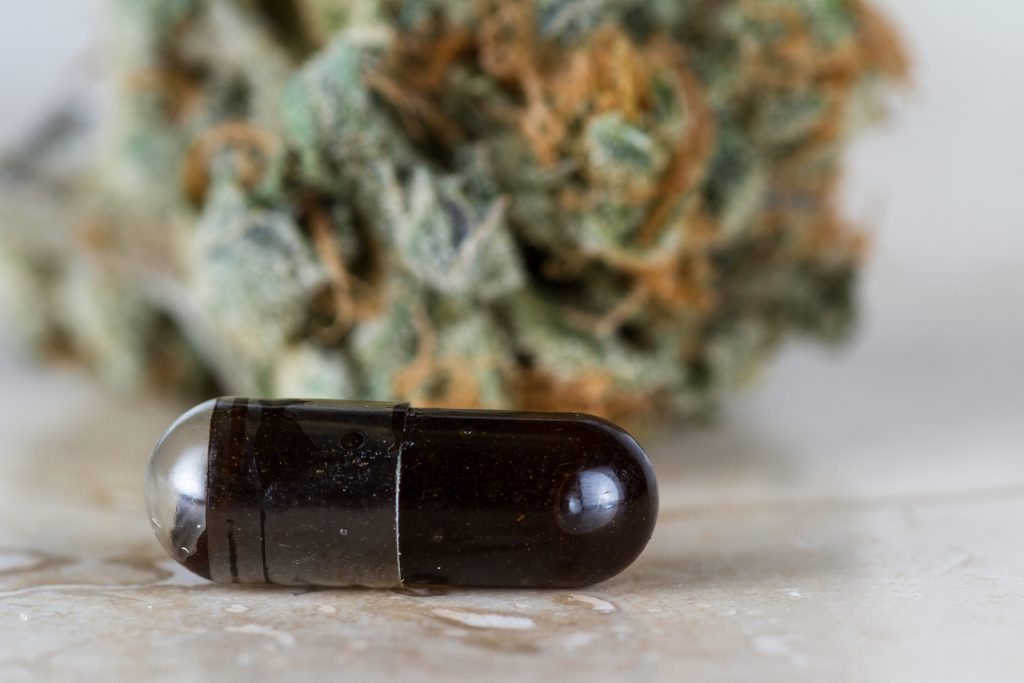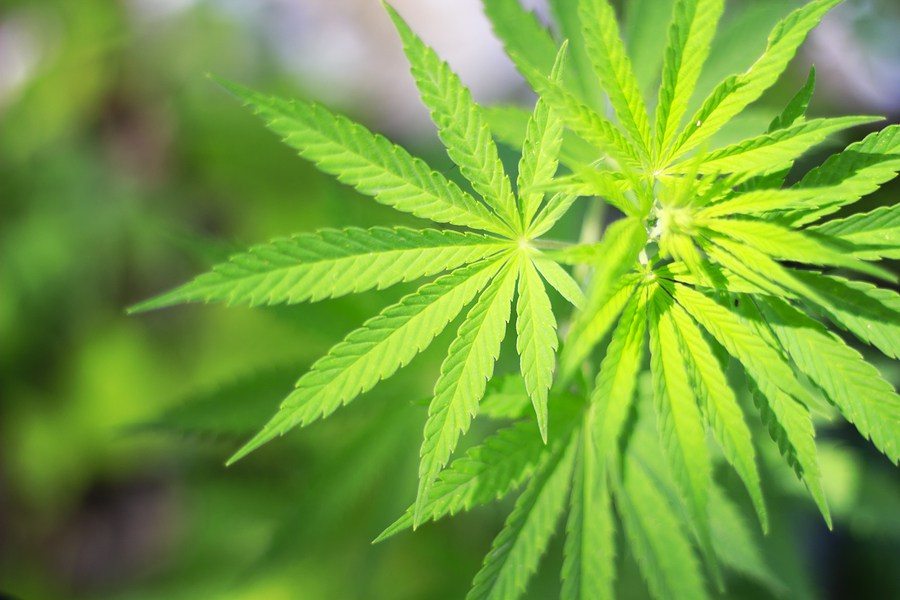America is often described as having an “obesity epidemic.” Unlike most famous statistics, the oft-quoted claim that over one third of Americans are obese – defined as having a BMI (body mass index) of 30 or greater – is actually true. If you expand the criteria to include individuals who are overweight – defined as having a BMI from 25 to 29.9 – you cover two thirds of the national population. If you’re among the millions of Americans who are struggling to control your weight, don’t waste your money on useless, poorly regulated “dietary supplements.” Try using medical marijuana instead.
Medical Studies Find Lower Obesity Rates in Cannabis Users
I need to preface this article with a caveat. As a physician, it would be irresponsible of me to pretend there is a “cheat” that can replace exercise and a healthy diet. The advice to “stay active and eat plenty of fruits and vegetables” may not be very exciting, and it certainly won’t sell millions of books, but it is the absolute best way to improve your overall health (and shed some pounds in the process). Don’t believe what fads and crazes try to tell you: there is no way to “effortlessly make the fat melt off” without reducing your daily caloric intake.
If you want to see results, you need to put in effort, and it’s going to tough. You’re going to have to break ingrained habits, resist temptation, overcome setbacks, and possibly confront some emotional pain in the process. But you can do it. Millions of people have, including myself. And Cannabis – while not a replacement for healthy diet and exercise – may be able to help you get there.
I know what you’re thinking: Really, marijuana? But won’t that just give me the munchies and make me gain weight?
It’s a logical concern to have. Cannabis does indeed stimulate appetite, which would seem to make it a poor match for dieters. Yet research shows that despite marijuana’s tendency to induce snacking, there nonetheless appears to be a correlation between Cannabis use and having a healthy BMI (18.5 to 24.9). Take, for instance, this excerpt from a 2013 study that was published in Medical Hypotheses:
“We recently discovered that the prevalence of obesity is paradoxically much lower in Cannabis users as compared to non-users and that this difference is not accounted for by tobacco smoking status and is still present after adjusting for variables such as sex and age… We therefore propose the seemingly paradoxical hypothesis that THC or a THC/Cannabidiol combination drug may produce weight loss and may be a useful therapeutic for the treatment of obesity and its complications.”

(Cannabidiol, or CBD, is a Cannabinoid like THC.)
If the word “hypothesis” has left you dubious, perhaps these other peer-reviewed findings will help to persuade you that using medical marijuana may help you manage your weight:
- Innovations in Clinical Neuroscience (2014) – Researchers surveyed Cannabis users and non-users and compared the obesity rates in each population. Research revealed that “the adjusted prevalence rates of obesity… among participants reporting no marijuana use were 22.0%and 25.3%, respectively, whereas the adjusted prevalence rates of obesity among participants using marijuana in the preceding 12 months (at least 3 times per week) was 14.3% and 17.2%, respectively.”
- Obesity (2015) – This study’s objective was “to ascertain the relationship between Cannabis use, obesity, and insulin resistance,” or IR, which is a risk factor for developing diabetes, another condition marijuana can help. The study examined nearly 800 adults, more than half of whom were Cannabis users. Researchers found that “in multivariate analysis, past-year Cannabis use was associated with… lower likelihood of obesity.”
- PLoS One (2015) – Researchers gave obese mice daily doses of THC for four weeks and measured its effects on weight, mass, physical activity, and other variables. The results? “THC reduced weight gain, fat mass gain and energy intake,” though it didn’t impact how active the mice were. The study concluded that THC successfully “prevented high fat diet-induced increases in body weight.”
How the Relationship Between Marijuana and Gut Flora May Affect Weight Gain
So why is this occurring? On a physiological level, what mechanism is responsible for these “paradoxical” results that seem to defy common sense about the munchies?
First, it’s quite possible that despite eating more when you have the munchies, your overall daily intake goes down. This seems like the most reasonable explanation. (Also noteworthy, people who are underweight do gain weight when using medical marijuana.).
Another, more exotic, explanation may lie in gut flora (gut microbiota), which are microorganisms that live in the human digestive tract. In fact, you’ve got a few pounds of them residing in your intestines right now – but don’t worry. Gut flora are good for healthy digestion, because they help break down dairy products and proteins. Additionally, they assist with certain functions of the immune system.

Importantly in the context of weight loss, intestinal flora also impact your metabolism and the way your body stores fat (adipose tissue), which was actually noted in the PLoS One study. As the study points out, “Gut microbiota modifies adipogenesis” – in other words, the creation of fat (adipocytes) – “through actions on the endocannabinoid system.” Though more research into this subject is needed, this suggests Cannabis may alter or interact with gut flora in a way that makes gaining weight tougher.
Find Out If Medical Marijuana Is Right For You
As I said earlier, Cannabis alone won’t substitute a healthy lifestyle – but it can help get you moving in the right direction. If you’re struggling to manage diabetes, chronic joint pain, or other conditions related to obesity or being overweight, you may be a suitable candidate for medical Cannabis. If you have any questions about becoming a medical marijuana patient in Massachusetts, I encourage you to call Inhale MD at (617) 477-8886 to schedule an appointment.

